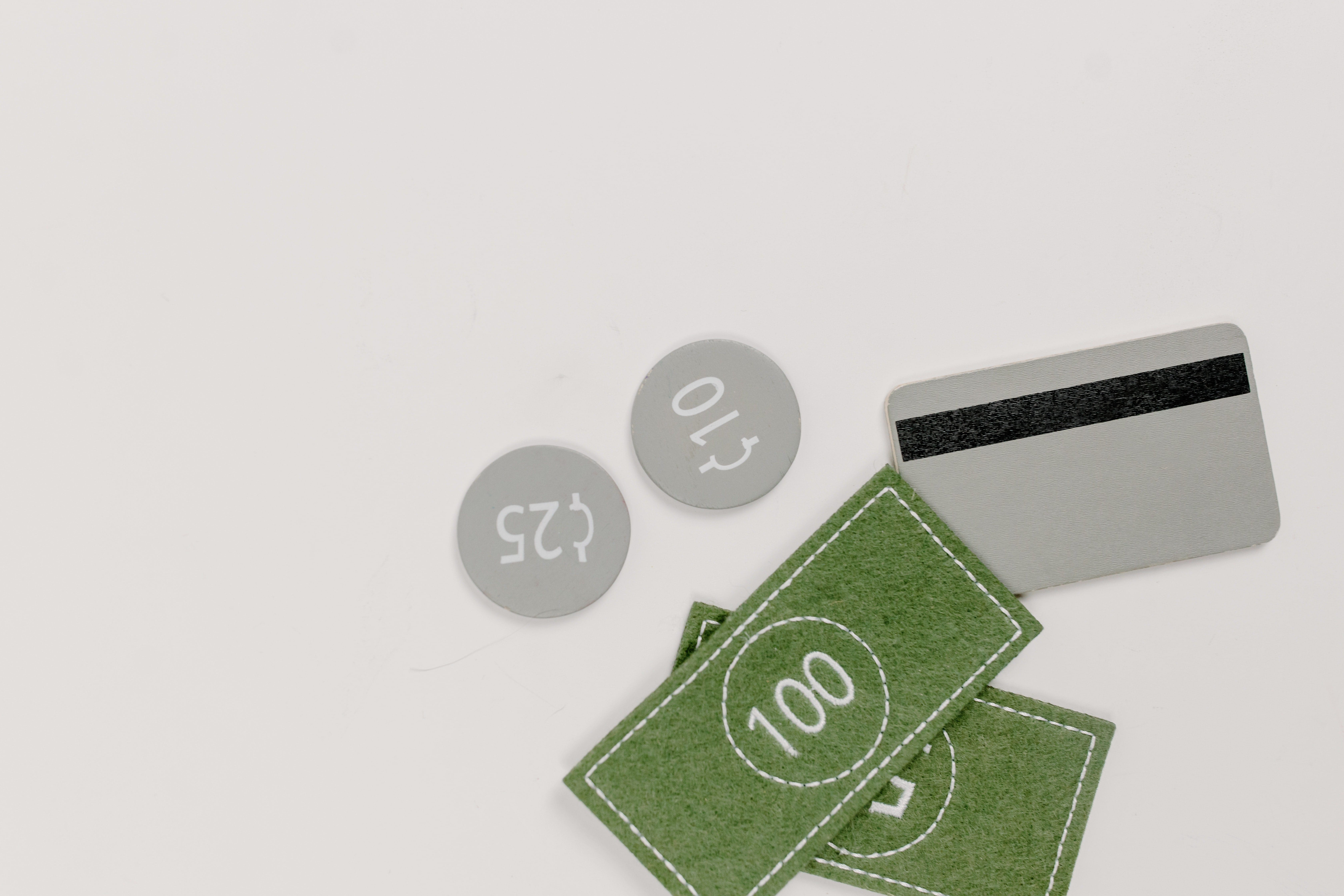Avoiding the Risks of Emotional Trading
Avoiding the Risks of Emotional Trading
By Katie Gomez
No trader is exempt from emotion, but you must learn how to manage it to find success. The market is easy to blame for our losses; it is unpredictable, unfair, and overwhelming, but our emotions have become our most significant obstacles in making money. Emotion is the enemy of investment because it is all-consuming, leading to impulsive behavior and bad decision-making. If we cannot fight these innate human emotions, can we avoid emotional trading? In this article, I will offer six ways to help you start trading without your emotions getting in your way.
1.) Don’t trade “Scared Money.”
The worst money to invest is the money you need. You might think all your money is money you need, so how can you start investing anything? Scared money is simply money you need to live. It’s your rent, mortgage, and grocery money that you cannot and should not risk. If you start trading with this money, it will only be detrimental in the long run due to its emotional attachment. Money that you trade should be money you can risk to invest at the moment, money that is left over after your essentials are squared away.

2.) Have a plan and stick to it.
Having a plan is the best course of action to avoid the sway of emotions when trading. You must follow your plan of action to make decisions based on logic and evidence, not emotion. You must learn to tune out the noise of other opinions and keep your emotions at bay to stick to your plan. If you continue to act on emotion and impulse, deviating from your game plan, you will remain stuck in a loop of making the same mistakes.
3.) Avoid the first 15 minutes of the market opening.
The first 15 minutes of the market opening is when the algorithms are running sell stops trying to get the retail traders to emotionally sell their shares, meaning market stops are at their highest. If you can patiently wait just 15 minutes after the market opens, you will make a better trade by controlling your emotions and fighting the impulse to get out. The Algorithm is trying to get you to cough up your shares, preying on the fear it knows you feel below certain levels, pressuring you to get out as quick as possible, and forcing you to sell at a less-than-ideal price right after the market opens.
4.) Treat money like simulated fake money and make decisions in that mindset.
If you have an emotional attachment to your money, which most of us do, you will never take the risk necessary to make money investing. For instance, if you think like an athlete and perform as if it is a practice run, you can remove added stress and pressure from the situation. If you imagine this money to be no different than fake money in a trading simulator, you create a much easier ride for yourself. The less pressure and attachment you put on your trade, the less riding on it, and the more at ease you will feel trading.

5.) Don’t compare your success to another trader.
I know this sounds much easier said than done, but the comparison is not only the thief of joy, but the thief of focus, confidence, and emotional control. For example, if you’re in a trading room or discord group and see other traders doing better than you, keep your focus. You can’t let the success or failure of another trader control your trades; focus on your plan.
6.) When you have a winning stock, sell half the stocks you own.
Selling half is a popularized psychological tip that allows you to keep calm and still risk money, taking emotions out of the equation (you can have your cake and eat it too).
For example, when you see a stock going up and feel that fear creep in and think you should sell now before it drops, pause first. You are hesitant about your next move because your mind goes to the worst place and feels those emotions before anything happens (regret, anger, etc.).
Should I cash out now before it falls? Should I wait it out and see it rise? Every trader has sold shares too early in anticipation of it skyrocketing, and they have all also sold too late after it plummeted. It is quite the catch-22 situation; it is a vicious cycle that traders experience daily. Therefore, the best solution to resolve your emotional attachment is to sell half of your winning trade and pay yourself first, then risk the other half. That is the best way because you are still playing the game but from a much better mindset of emotional control.
#7 Create a drop dead dollar amount to risk you will stick to (start small).
If you choose the risk amount per trade of $25 and can make $50 profits consistently, that method works for you. If you keep reflecting and it still works well, you can incrementally add more to that drop amount or scale-up accordingly.
Emotions will always sway us, it’s human nature. However, applying these tips will help you feel less vulnerable and take back control when they run amok. Emotion is the enemy of investing for a reason—our feelings are powerful. A single emotion can lead to an impulse decision, changing the fate of your entire financial portfolio, but only if we let it.
